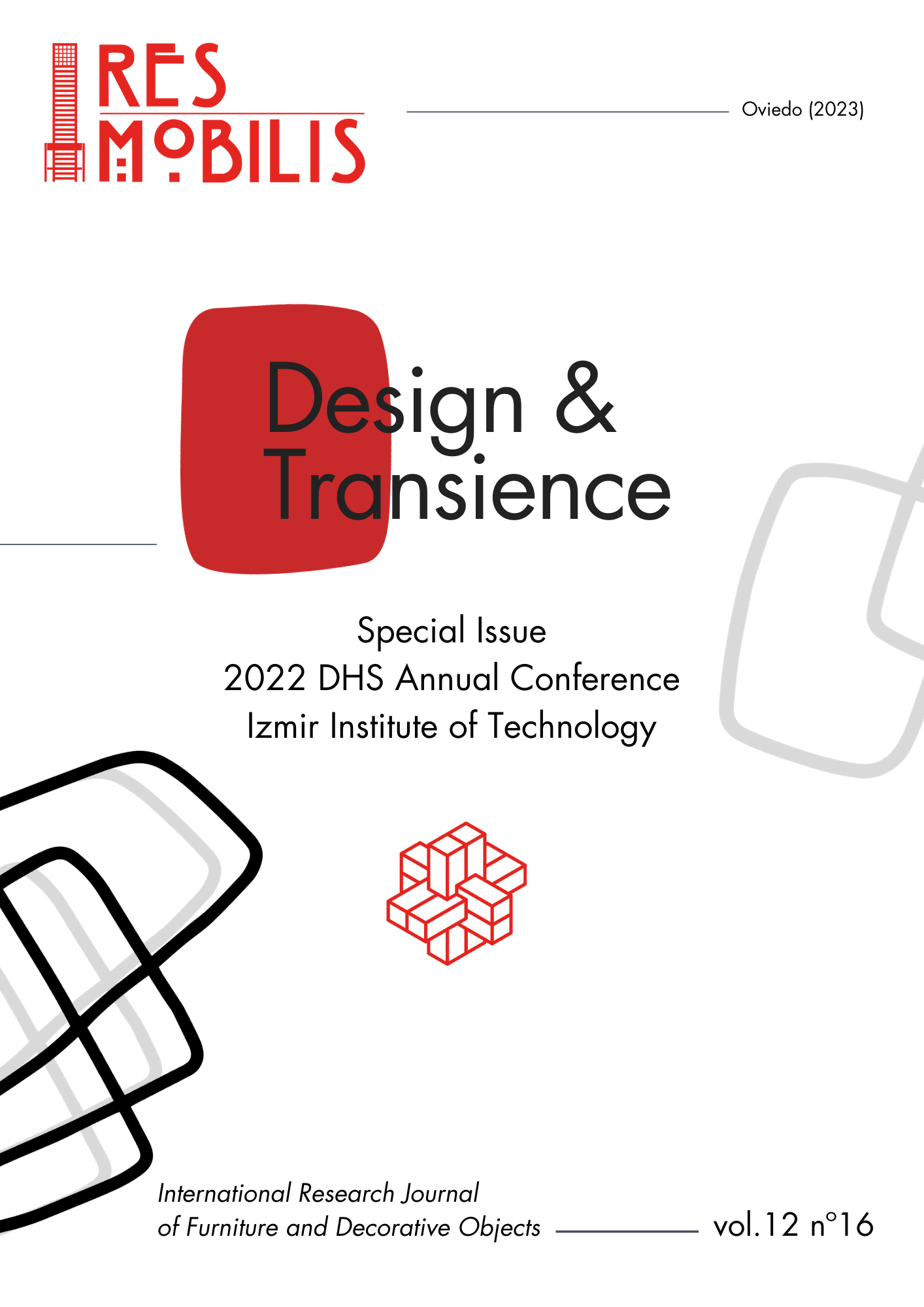Resumen
The diverse histories of national and transnational design have included research on institutions, collectives, and entities that developed projects concerned with the practice or teaching of design, with longer or shorter permanence, towards a historiographic construction built on their legacy. In this context, we examine the transience and exceptional nature of Empresa Editora Nacional Quimantú, a state publishing project carried out in Chile between 1971 and 1973 by a socialist and democratically elected government that ended abruptly due to a military coup. From a qualitative and quantitative methodological perspective, as well as archival work, we analyse the intersections between design and the editorial guidelines of its catalogue (books and magazines), in addition to the trajectory of the largest publishing enterprise formed in the country, during a brief operating period of two and half years. This instance opened a space for collaboration and experimentation between directors, designers, and workers within management structures. The presence of a large-scale social publishing model is studied for its unprecedented print runs in the national readership market, where the ‘design’ factor—in terms of form, content, and strategy—had a fundamental role, and the volume of printed books exceeded the country’s total population. Interrogating the archives, collections, and titles designed under Quimantú—a project that has acquired a ‘publishing mythology’ character for its fleetingness and high production levels—opens the possibility of looking into a heritage of editorial products designed with the urgency of taking culture to popular sectors, and the immediacy of a political process of radical changes that appealed for the mass production of images, texts, and discourses. Finally, the problem of production time becomes relevant as content production teams, collections’ designs, and the dissemination and sales spaces introduced some ideas and innovations into the Chilean publishing milieu.
Citas
Aguirre, Mariano. “8 escritores frente a la realidad.” Quinta Rueda 2 (1972): 5-6.
Allende a 50 años de su elección. Discursos fundamentales. Santiago: Biblioteca del Congreso Nacional de Chile, 2020.
Baltra. “Nuevos rumbos.”. Telecran 77 (1971): 1.
Chile, Pueblo que supo encontrar su destino. Ahora (suplemento). Santiago: Empresa Editora Nacional Quimantú, 1971.
Contreras, Gonzalo and Vassallo, Eduardo. La cultura con Allende, Volume I, 1970-1971. Santiago: Alterables: Etnika, 2014.
First message of president Allende before the plenary Congress. Santiago: Talleres Gráficos del Servicio de Prisiones, 1971.
Lavín Cerda, Hernán. “Armand Mattelart: la dura lucha ideológica.” Ahora 35 (1971): 62-64.
López, Hilda. Un sueño llamado Quimantú. Santiago: Ceibo Ediciones, 2014.
“Los gerentes obreros de Quimantú.” Ahora 21 (1971): 21.
“Los trabajadores de Quimantú a la opinión pública.” Onda 6 (1971): 52.
Molina, Isabel (Ed.). Quimantú: prácticas, política y memoria. Santiago: Grafito Ediciones, 2018.
“Política cultural. Lo que hay y lo que falta.” La Quinta Rueda 6 (1973): 3-4.
Programa básico de Gobierno de la Unidad Popular. Santiago: Impresora Horizonte, 1969.
Reyes, Felipe. Nascimento. El editor de los chilenos. Santiago: Ventana Abierta Editores, 2014.
Teitelboim, “5.000.000 de libros.” La Quinta Rueda 4 (1973): 3.
Textos de Salvador Allende. Santiago: Biblioteca Clodomiro Almeyda, Partido Socialista de Chile, 2018.


